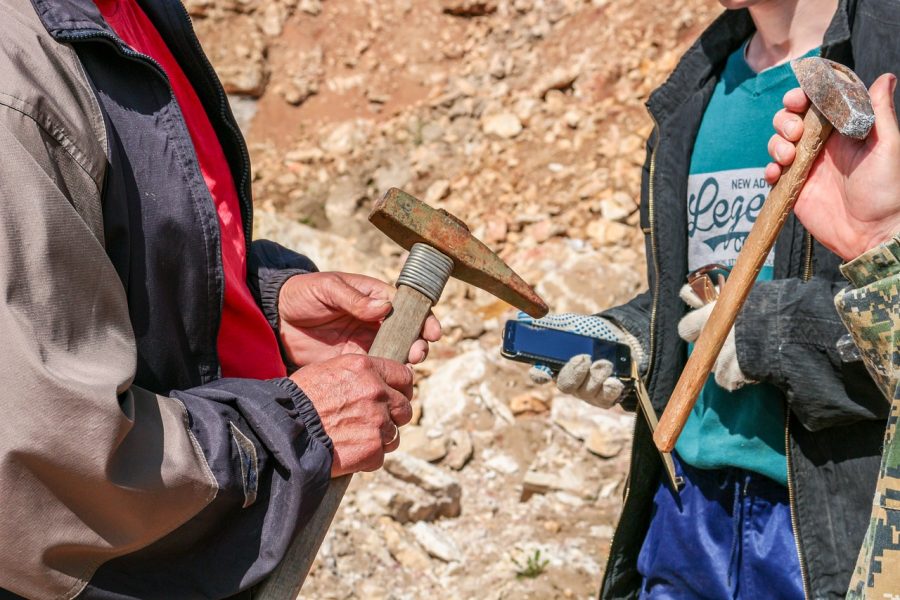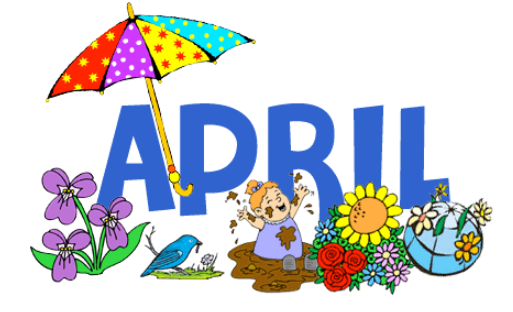They learn from natural disasters
Geologists’ Day – April 4
Geologists study many things, including the physical structure and substances of the earth, the history of rocks, and the process of how they were formed. Basically, they study the history of our planet.
With those studies, they learn safe, ecological ways to understand the earth’s formations. They use methods and knowledge from biology, math, chemistry, and physics to help them understand and find what they need. When a landslide, earthquake, flood, or even a volcanic eruption, geologists are some of the people who rush to the site of the event. They understand how these events work and on April 4, we celebrate Geologists’ Day in their honor. It was first celebrated in Russia in 1996 and has spread around the globe in the last 25 years. (National Day Calendar)
Not only do they study natural disasters to help us understand and respond to them more effectively, but they are responsible for many of the things we use today. One major thing is more detailed and specific maps.
After a natural disaster occurs, geologists revise the details on maps, marking down hazardous areas. With floods, the maps they make can be used to guide the development of communities and determine where flood protection or flood insurance is needed.
People use earthly materials every day — oil, metals, water — all which are driven up from the earth. Geologists help locate the oil, the metals, and the water. They find all these things by studying the rocks and what they have formed around them.
These days many people have been concerned about climate change and some geologists study the earth’s climate and how it’s changed over time. The job of a geologist is diverse and exciting and even though they often work behind the scenes, their impact on our culture has been incredibly valuable.

If you have ever met Adena Brumme, you would know she is very organized, and feels at peace when everything is clean. That is a big thing about her personality,...




